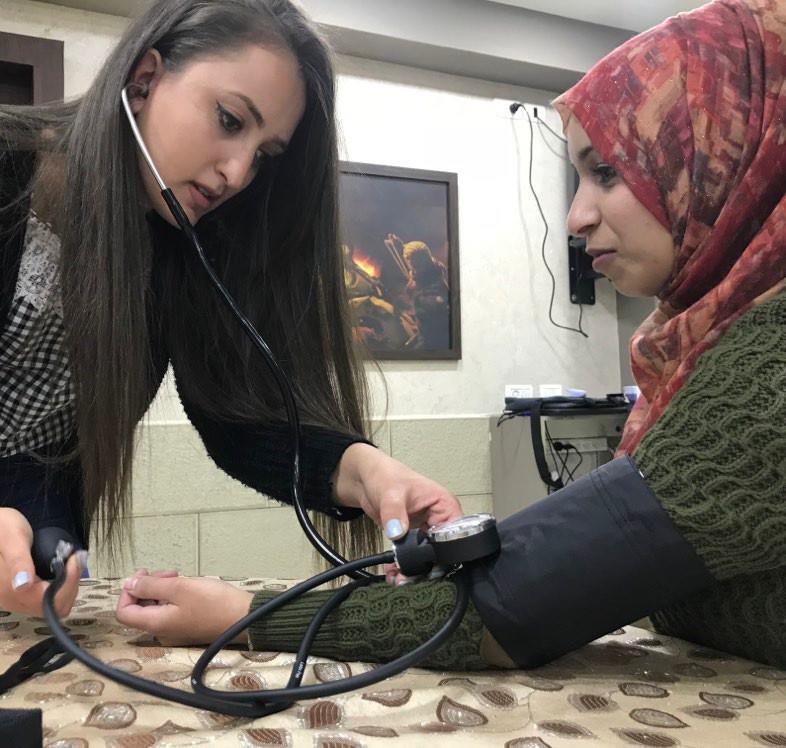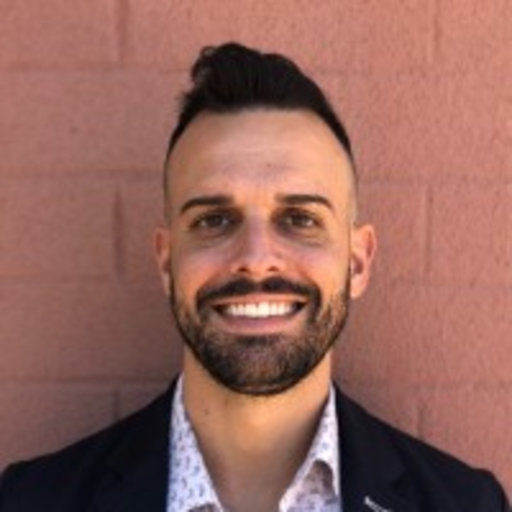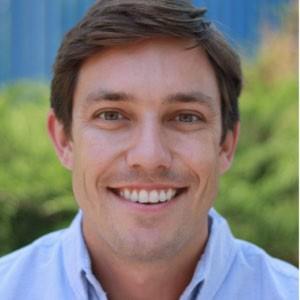Global Health Seminar Series 2022-2023
Wednesday, April 12, 2023 / 12:00 pm – 1:00 pm

The destruction and de-development of the Palestinian health system in the occupied territory, and the inequitable health outcomes of Palestinian citizens of Israel and refugees just beyond its borders, are often theorized as the results of a longstanding conflict. But these health realities are instead best conceptualized as part of a broader effort toward Palestinian dispossession, one in which the United States is an active participant. In the last few years, leading Israeli and international human rights organizations, including Amnesty International, Human Rights Watch, and B’Tselem, have joined numerous Palestinian voices in declaring that the system of control that dominates Palestinian lives amounts to apartheid. Just as the WHO declared in 1981 that an apartheid system was inconsistent with the right to health, this session will explore how the structures that delimit Palestinian lives generate corrosive health determinants through direct and structural violence, including movement limitations, a healthcare permit regime, inadequate funding and resources, and humanitarian aid dependence, among others. We will also discuss an example of a community-based movement for health improvement and agency in West Bank refugee camps, as well as highlight key steps toward sustainable remediation of Palestinian health determinants.

Asi, PhD
Assistant
Professor, School of Global Health
Management and Informatics
University
of Central Florida

Associate Physician, Division of Global Health Equity Brigham and Women’s Hospital
Instructor, Harvard T.H. Chan School of Public Health Co-founder, Health in Palestine

Attending Physician and Fellow in Global Health, Boston Children’s Hospital
Instructor in Pediatrics, Harvard Medical School
